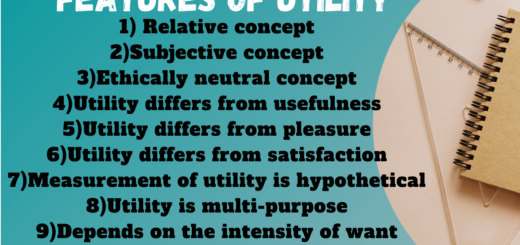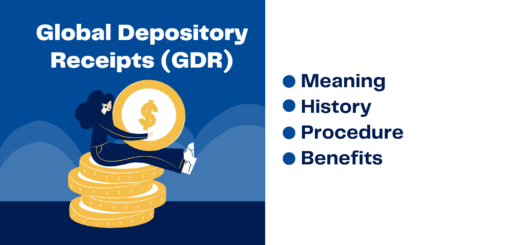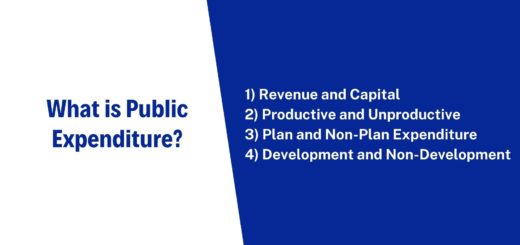What is Demand in Economics? | Free Economic Blogs
Table of Contents
What is Demand in Economics?

Meaning of Demand
In ordinary language, demand means a desire. Desire means an urge to have something.
In Economics, demand means a desire which is backed by a willingness and ability to pay.
For example, if a person has the desire to purchase a television set but does not have adequate purchasing power then it will be simply a desire and not a demand.
Thus, demand is an effective desire. All desires are not demand.
In short,
Demand = Desire + Willingness to Purchase + Ability to Pay.
- Microeconomic Definition | Historical Review of Microeconomics
- Scope Or Nature of Microeconomics
- Features of Microeconomics
- Importance of Microeconomics
Definition of Demand
According to Benham, “the demand for anything at a given price is the amount of it, which will be bought per unit of time at that price.”
Thus, following are the features of demand :
1) Demand is a relative concept.
2) Demand is essentially expressed with reference to time and price.
Difference Between Demand and Desire
On many occasions, people confuse between desire and demand and use them interchangeably. In fact, these are two different terms. Demand is desire backed by ability to purchase. This means that if somebody desires to have a good, he/she can demand it if he/she has the money to purchase it by paying its price.
Anyone can desire any good or service. But just by desiring something, one cannot have it without paying
the price. Once the price is paid by the person who has desired it, only then it becomes the demand for the good by that person.
Take the example- “Neha purchased 2 kg of mangoes at Rs. 50 per kg last week.” This is the demand for mangoes by Neha. Had Neha desired to have mangoes but could not pay the price to buy, then it would have been said as Neha’s desire but not a demand for mangoes.


